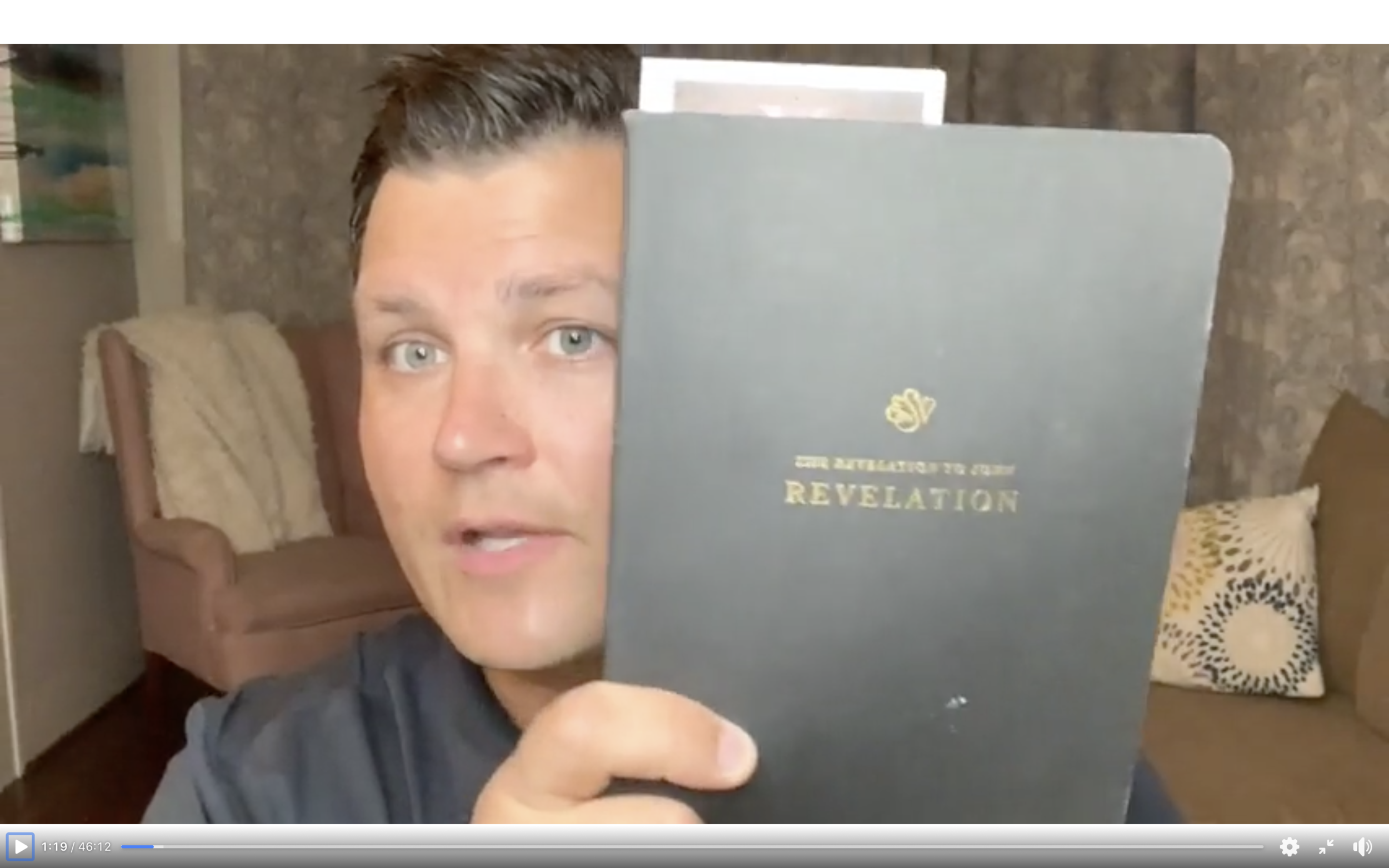Andrew Forrest
10/14/2020
Seven Questions and Answers About Revelation
What Does Apocalypse Mean?
An apocalypse is an unveiling.
What Is the Book of Revelation?
Revelation is the literary account of a vision given to a Jewish Christian prophet named John near the end of the first century.
The book takes the form of a circular letter sent among the churches of Asia Minor, meant to answer this question: What is the church’s role in God’s plan?
How Should We Interpret It?
The key to understanding Revelation is not today’s newspaper but the Old Testament. If you use the newspaper to interpret Revelation, you’ll get it wrong. If you use Revelation to interpret the newspaper, you’ll do what John wanted you to do: see reality from God’s perspective.
Revelation is the culmination of Old Testament prophecy. Every image in it is somehow connected to the Old Testament.
What’s the Point of Revelation?
The Purpose of the Letter is To Tell The Churches of Asia Their Role in God’s Plan
Revelation discloses that the Church will conquer by being a faithful witness to Jesus, even unto death. (See Revelation 11.)
The key passage of the entire book in Revelation 11, the account of the two witnesses.
Does the Vision Proceed Linearly?
No. The vision proceeds cyclically and not linearly, in that the judgment section is telling the same thing in 3 different ways.
The book’s plot doesn’t play out linearly, but circularly: the 7 seals, 7 judgments, and 7 trumpets are making the same point, namely that the nations are not responding to judgment by repenting
The judgments are like Russian nesting dolls, with each 7th one opening up the next ones.
Each judgment gets worse
o The seals destroy a quarter of the earth (6:8);
o The trumpets a third (8:7-12, 9:18);
o The bowls the entire thing.
Who or What do the Monsters Symbolize?
The Beast (or earth-monster) is Roman imperial power, based on violent conquest. Chapter 13 is thus about political power. The Beast seems inevitable (13:3).
Babylon or the great whore/harlot of Babylon is Roman economic wealth, commercial success, and materialism, derived from exploitation and conquest. Chapters 17-18 are thus about economic power.
The harlot rides the Beast (17:3) because Roman wealth comes from Roman military conquest; economic power comes from war.
The harlot offers beautiful things (17:4), but they are actually morally disgusting and filthy.
The dragon/serpent is Evil itself, the chaotic destructive power opposed to God.
The wounded head is Nero (13:14) after his death there was civil war and the year of 4 Emperors, but then Flavius consolidated power and the beast went on.
The beast thinks of itself as god, but we are willing slaves (13:3-4).
The second beast or earth-monster probably represents the imperial priesthood in Asia.
The beast is totalitarian (13:16-17) and demands complete allegiance.
If Christians oppose it, they will be martyred.
Why Does John’s Vision Begin in the Heavenly Throne Room?
· On earth as it already is in heaven—that’s what the throne scene tells us.
· Either you worship God (and are set free) or you worship the Beast (and are enslaved).
· It’s about true and false worship.














![[“The Sacrifice of Isaac”. Caravaggio. 1603. Uffizi.]](https://images.squarespace-cdn.com/content/v1/5d70f59aefca59000162e4e6/1581779247133-MABCM9HL89UDSXG6POFU/935px-Sacrifice_of_Isaac-Caravaggio_%28Uffizi%29.jpg)




